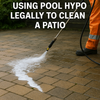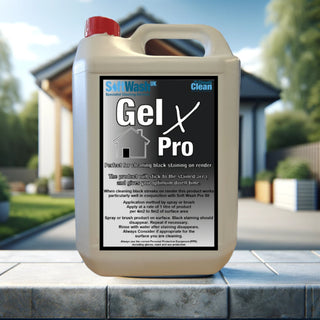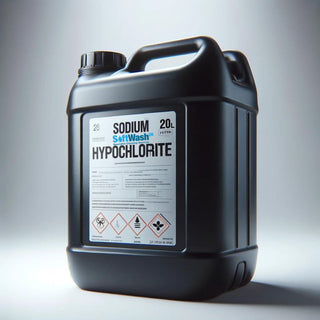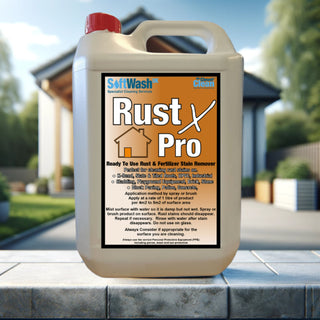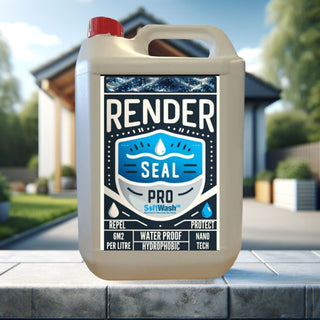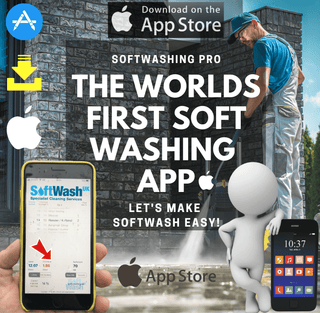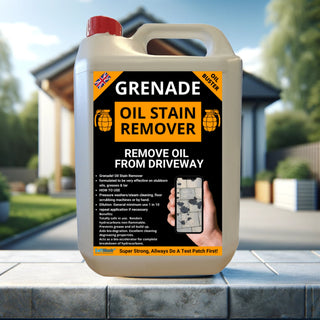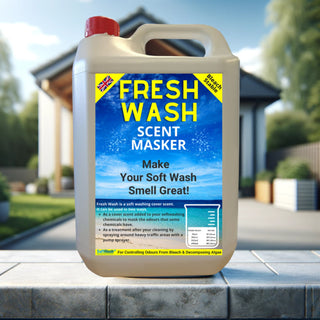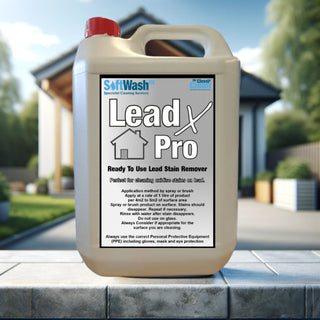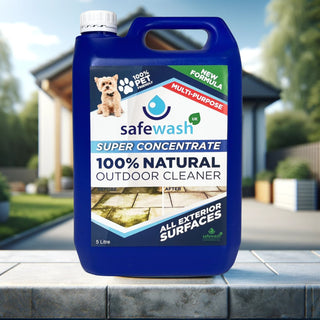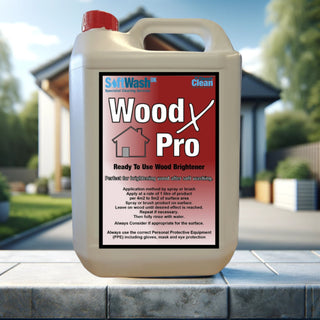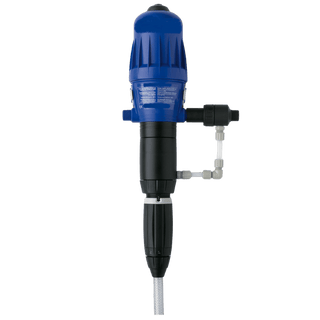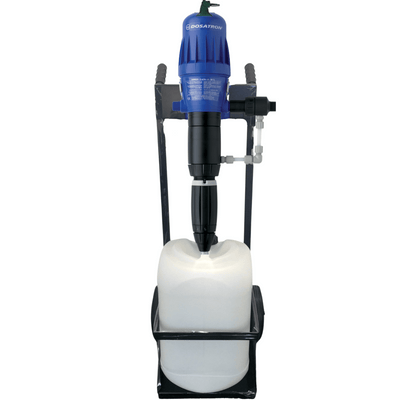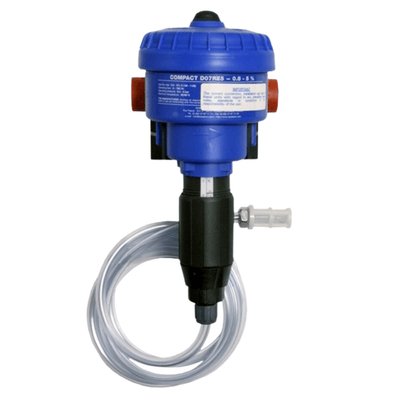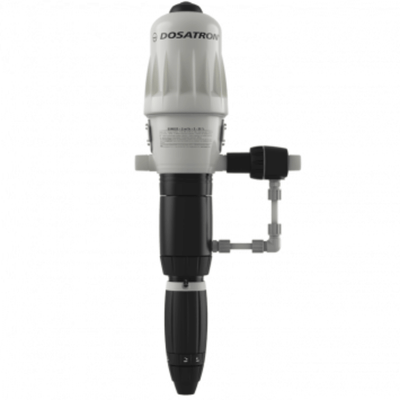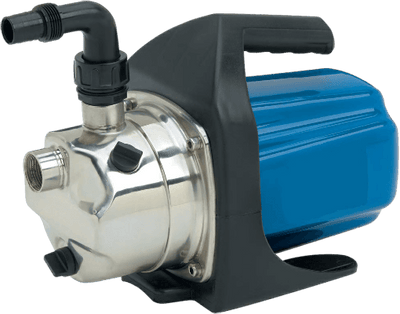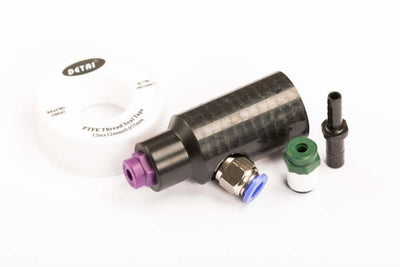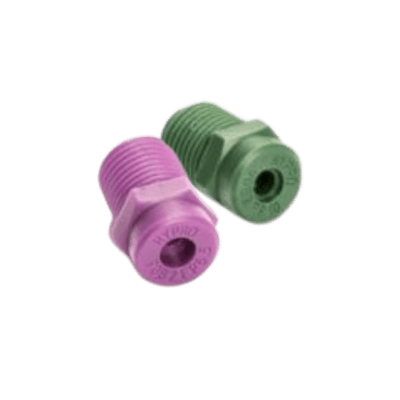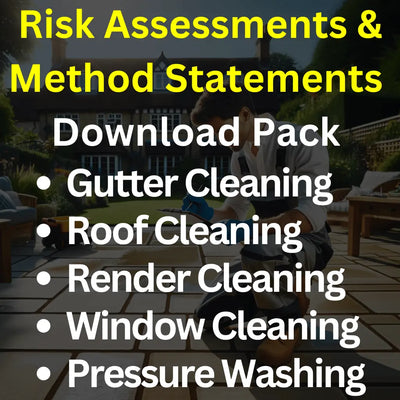Understanding the Use of DDAC Biocides in Moss Control: Legal Guidelines and Practical Application
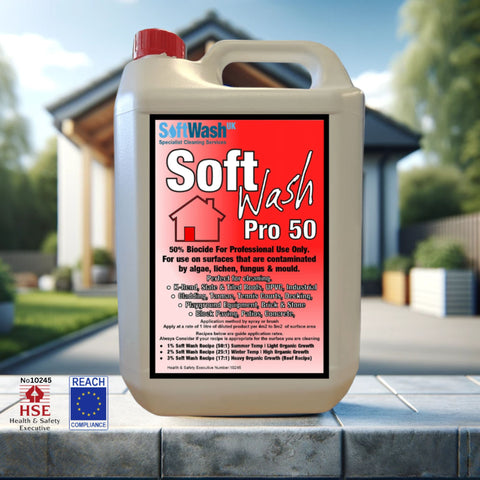
As an expert in the softwashing industry, it's crucial to navigate the complex regulations surrounding the use of chemical products for cleaning external surfaces such as roofs, patios, and driveways. One common query that arises is the legality and efficacy of using DDAC (Didecyldimethylammonium chloride) biocides for moss control. This blog post aims to demystify the regulatory landscape, outline the practical uses of DDAC biocides, specifically focusing on a product like Soft Wash Pro 50, and offer clarity on their effectiveness and legal status in treating moss infestations.
What are DDAC Biocides?
DDAC biocides belong to a class of chemical agents known as quaternary ammonium compounds, which are widely used for their antimicrobial and algicidal properties. These compounds are effective in eliminating a broad range of organisms, including bacteria, algae, fungi, and lichens, making them a popular choice in the softwashing industry.
Legal Restrictions and Labeling
The legal framework governing the use of DDAC biocides is stringent. Under EU and UK regulations, specifically the Biocidal Products Regulation (BPR), biocides are required to undergo a rigorous approval process that determines their safety, efficacy, and environmental impact. For a product to be legally used for controlling a specific organism, it must be explicitly authorized for that purpose.
Herbicides vs. Biocides
The term "herbicide" is designated for products intended to kill or inhibit plants, including moss, which is classified botanically as a plant. DDAC biocides, while capable of affecting moss, are not registered as herbicides. This distinction is critical because it means these products cannot be marketed or labeled explicitly for moss control without the appropriate herbicidal authorization.
Practical Implications for Softwashing
While DDAC biocides are not labeled as moss killers, they are still effective in cleaning surfaces where moss is present alongside algae and lichens. The application of DDAC biocides for algae and lichen removal will inadvertently impact moss due to their broad-spectrum antimicrobial action. This incidental effect can lead to the death of moss, which, although not the advertised intent of the product, is a beneficial side effect for softwashing professionals.
Application Guidelines
To comply with legal standards and achieve effective results, follow these guidelines when using DDAC biocides like Soft Wash Pro 50:
-
Surface Assessment: Before application, assess the surface for the type of contaminants present. If moss is among these, ensure that the primary targets listed on the biocide’s label (e.g., algae and lichens) are also present.
-
Proper Dilution and Application: Mix the Soft Wash Pro 50 according to the manufacturer's instructions found on the SoftWash UK website. Apply the solution using low-pressure equipment to avoid damage to the surface. The application should be done during dry weather to allow the biocide to act effectively without being washed away prematurely.
-
Safety Measures: Always wear protective gear, including gloves, goggles, and suitable clothing. Ensure that the area is well-ventilated and that pets and people are kept away during application.
-
Environmental Considerations: Be mindful of the potential for runoff into waterways. Soft Wash Pro 50 is toxic to aquatic life; therefore, measures should be taken to minimize environmental impact, such as avoiding application near drains and water bodies.
Communicating with Customers
When discussing biocide use with clients, clarity and honesty are paramount. Explain that the Soft Wash Pro 50 is intended for the control of algae and lichens, and any effect on moss is incidental and not guaranteed. This approach ensures compliance with the law while setting realistic expectations for the client.
Case Studies and Testimonials
Including real-life examples and customer testimonials can enhance understanding and credibility. Share case studies where Soft Wash Pro 50 was used, highlighting the processes involved and the outcomes, particularly how moss was affected during treatments intended for algae and lichens.
Conclusion
Soft Wash Pro 50 offers a valuable solution for cleaning surfaces plagued by various organic growths, including moss. However, it is essential to understand and respect the legal boundaries set by regulatory authorities to avoid potential penalties and ensure safe, effective use. By adhering to approved applications and maintaining transparent communication with customers, softwashing professionals can leverage the benefits of Soft Wash Pro 50 to deliver excellent results safely and legally.
This nuanced understanding not only helps in complying with regulations but also ensures that you can provide your services effectively, keeping client satisfaction high and environmental impact low. The ability to navigate these legal waters is a testament to professional integrity and commitment to quality in the softwashing industry.









